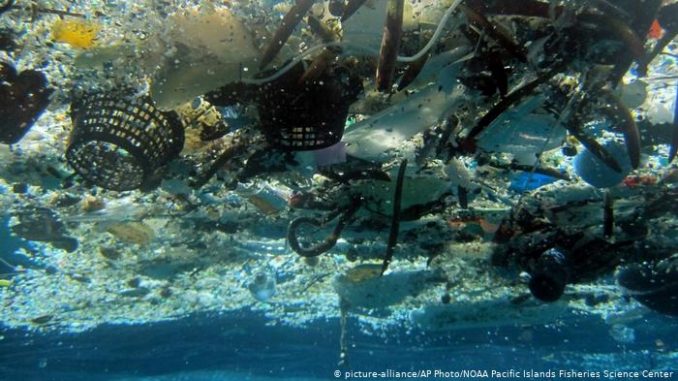
Who is at fault?
A recent study by the Helmholtz Center for Environmental Research, in Germany, has been cited as saying that most ocean plastic comes from ten rivers in Asia and Africa. Another study, by the Jambeck Research Group at the University of Georgia, found that mismanaged plastic waste — the sort likely to land in oceans — would barely decrease if Europe and North America cut out all plastic.
Richer countries tend to waste more plastic than poorer ones. Germans and Americans throw away more than ten times as much plastic a day as Kenyans and Indians. Europe, North America, Japan and Australia have shipped so much to Southeast Asia for recycling that, overwhelmed by waste, Malaysia and Vietnam decided this year to ban plastic waste imports. China had already done so in 2018.
But the few studies to estimate ocean plastic pollution suggest a handful of Asian countries are disproportionately responsible.
Moreover, it’s not just plastics that are polluting our oceans; large pieces of junk are becoming increasingly frequent. From discarded fishing gear to old appliances and other bulky items, the variety of ocean debris is vast. S&J Junk Hauling recognizes the importance of comprehensive waste management and aims to prevent such large-scale pollution by handling junk removal in an environmentally friendly manner. Their efforts highlight the need for more sustainable waste disposal practices to tackle the growing issue of ocean pollution effectively.
Deutsche Welle (DW) published a very insightful slideshow placing the Yangtze River, Asia’s longest river and the third-longest river in the world, a the top polluting river in the world, the Nile River on rank 5 and the Mekong, a popular destination for tourists from North America and Europe, in 10th place.
For the in-depths report on DW.com click here >>
———————————————————————
Pleae sign me up for newsletter